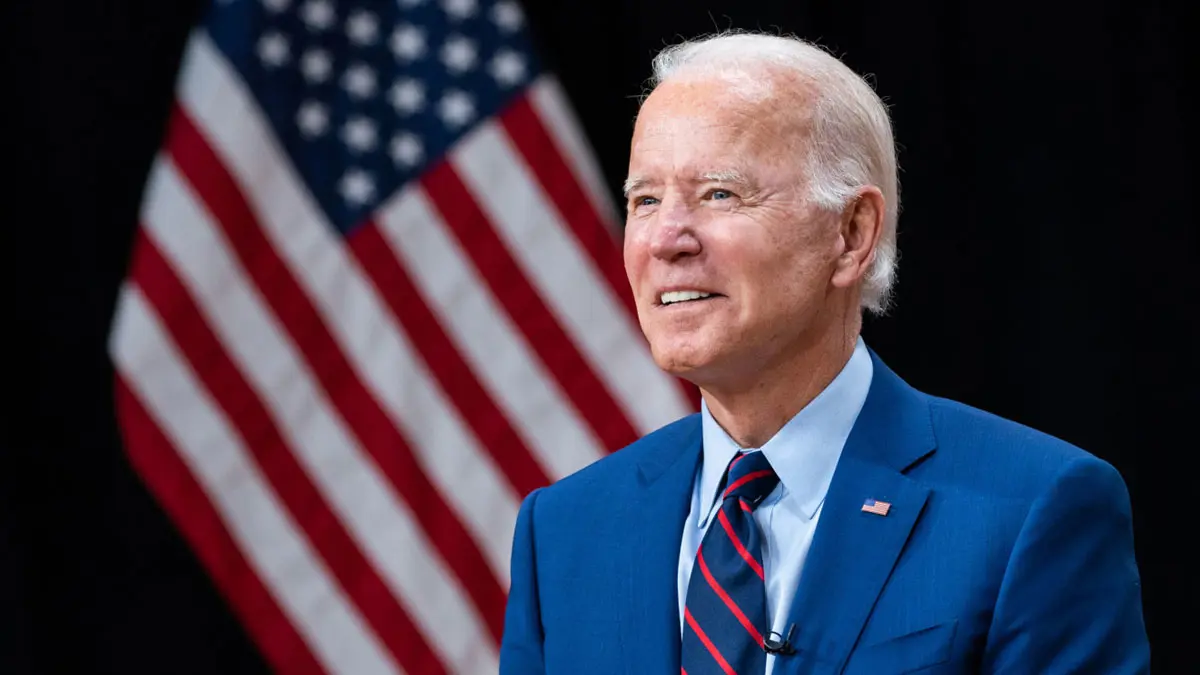President Joe Biden blocks Nippon Steel’s acquisition of US Steel
04 Jan 2025

US President Joe Biden has blocked Japanese steel major Nippon Steel’s proposed acquisition of US Steel by invoking provisions of the defence production and national security Acts.
Biden’s decision, which comes after year-long review of the $14.9 billion deal, is a big blow to Nippon Steel’s ambitious growth plans.
The President said there was “credible evidence” to show that a combination of US Steel with Nippon Steel and Nippon Steel NA could form a potential threat to the resources security and thereby adversly affect national security.
Biden also justified the use of the provisions of section 721 of the Defence Production Act and the International Emergency Economic Powers Act, saying that no other option for the President to protect national security in this case.
Inippon Steel Corporation, a company incorporated under Japanese laws, and Nippon Steel NA through the proposed acquisition of United States Steel Corporation, a Delaware corporation , could take action inimical to US national security, the President stated in his order.
The President’s order prohibits the proposed acquisition of US Steel by Nippon Steel and its affiliates or any other substantially similar transaction between the purchasers and US Steel, including through subsidiaries, partners, affiliates, shareholders or intermediaries.
The order also requires US Steel and Nippon Steel to permanently exit the deal and take all necessary steps to terminate all transactions related to the proposed acquisition within 30 days, unless specifically authorised by the Committee on Foreign Investment in the United States (CFIUS).
Both President-elect Donald Trump and Biden have vowed to block the transaction involving the first-ever US corporation to reach a valuation of over $1 billion and once accounted for most of US steel production.
Blocking the deal could hurt investments in the US as international investors may desist from bidding for sensitive US assets.
It may also antagonise Japan, a key US ally in the Indo-Pacific region.



















